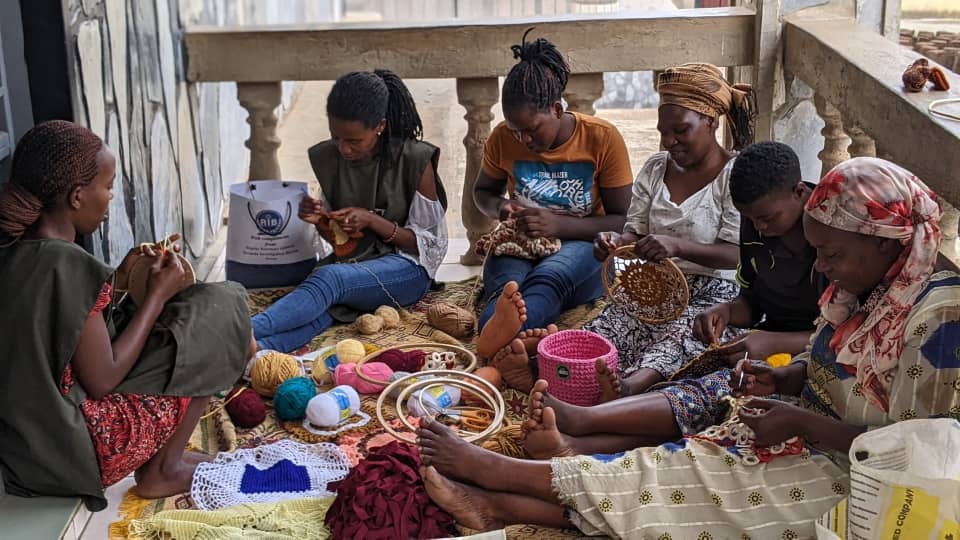In the fast changing world of entrepreneurship, 24-year-old Sonia Umulinga is breaking down barriers and making a difference with her innovative startup, Plastic Craft. Based in Kigali, Rwanda, Sonia is tackling the problem of plastic pollution while also empowering women from low-income communities.
At a young age, Umulinga was passionate about decor and studied environmental planning in university. In 2020, while moving around her neighborhood, she noticed the major issue of plastic pollution in her community.
Sonia decided to combine her passion for designing spaces with her education background to solve this problem. She also wanted to empower women and tackle waste management, which led to the birth of Plastic Craft.
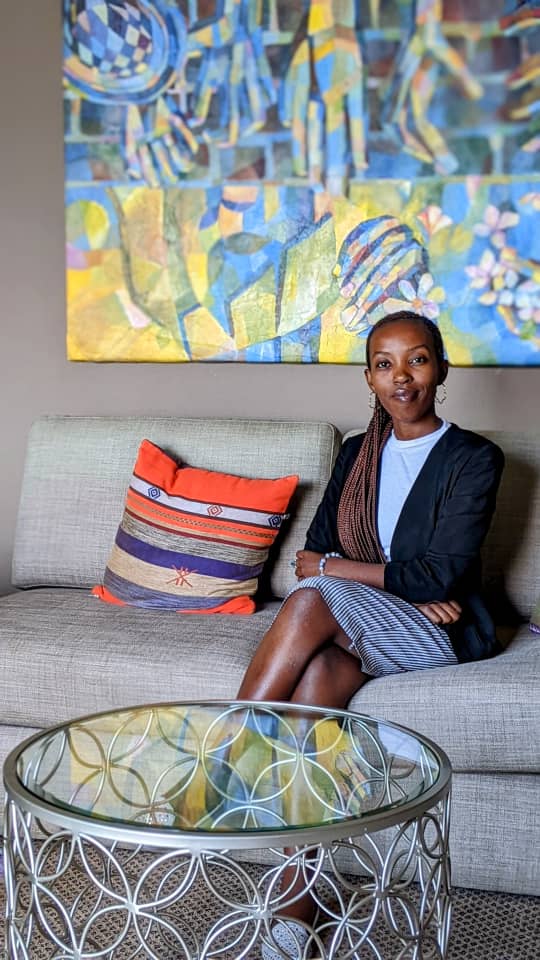
“Our creative space produces handcrafts from plastic waste objects collected around Kigali,” Umulinga explains. “I am enthusiastic about working with women because I have seen how women from low-income communities struggle to meet their basic needs. So deep down, I knew I wanted to help these women and empower them.”
Since Plastic Craft’s inception seven months ago, Sonia has used her university education and joined various programs and incubators to enhance her knowledge. She joined the ESP incubator program, which provided her with practical skills and prototype funds to start her business. Coaching, training, and mentorship have been critical to her success.
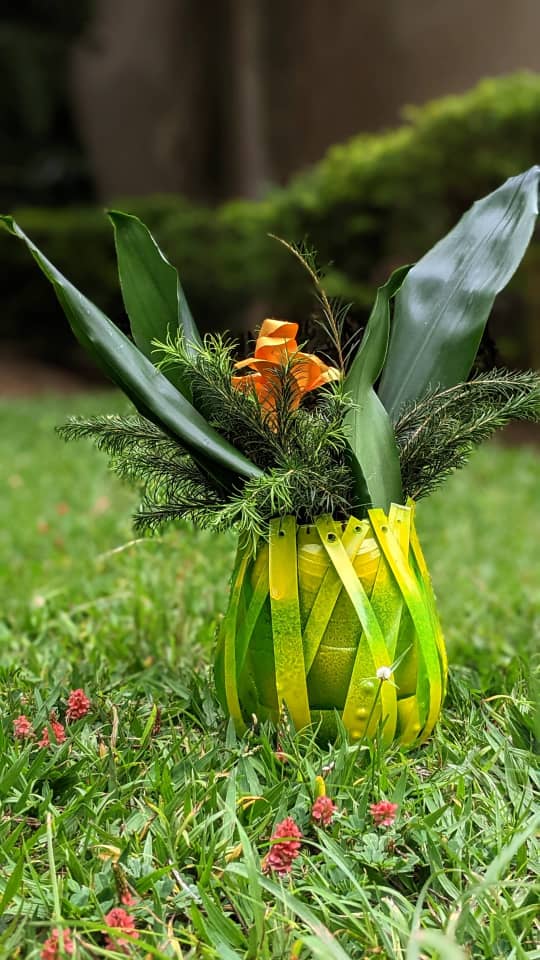
“The strategies I used to achieve my goals are teamwork,” Sonia says. “When you have a great team that inspires you and works together to achieve your goals, it is a great strategy. In the creative industry, it is a necessity to always upgrade your skills, learn and train, so as to improve the quality of our products and compete on the market.”
The young woman’s innovative startup has had a positive impact on her community and society as a whole. Plastic Craft not only tackles the problem of plastic pollution but also empowers women from low-income communities by providing them with employment opportunities. Sonia’s business model is centered around environmental and social sustainability.
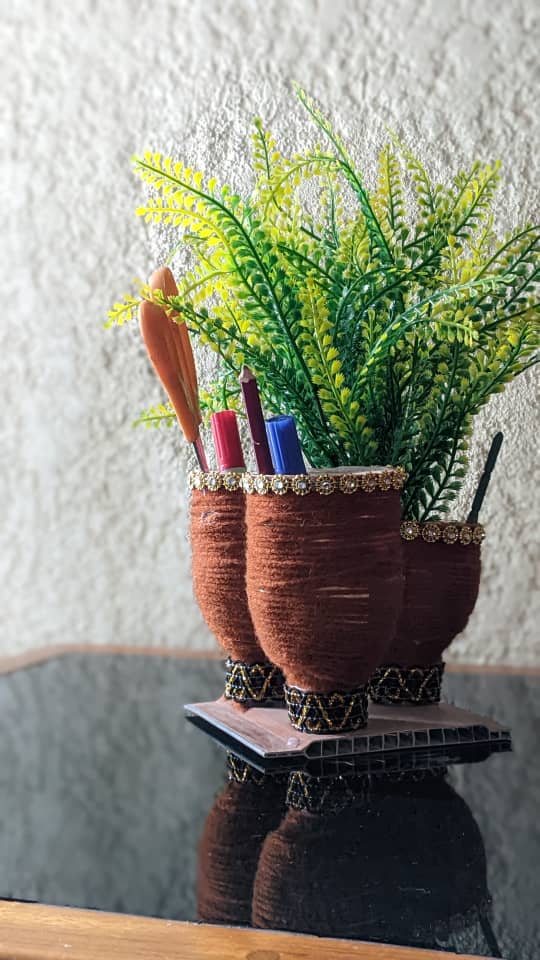
We are a product-based business, but we also want to tap into service-based businesses such as interior decor and event decoration services, so as to increase our sales channels,” Umulinga shares. “We also want to diversify our products, move into other eco-friendly products that are uncommon in the Rwandan market. Lastly, we want to establish a creative training center so as to continue improving our social impact.”
As a female entrepreneur, Sonia has faced her fair share of challenges. However, she has not let this discourage her.
“I am not terrified of working in a male-dominated industry because I know for a fact that women are capable, and in Rwanda, women are really empowered, so it’s a matter of exploiting that opportunity as we are put out there to shine,” Umulinga states. “So, I would advise my fellow colleagues to keep shining.”
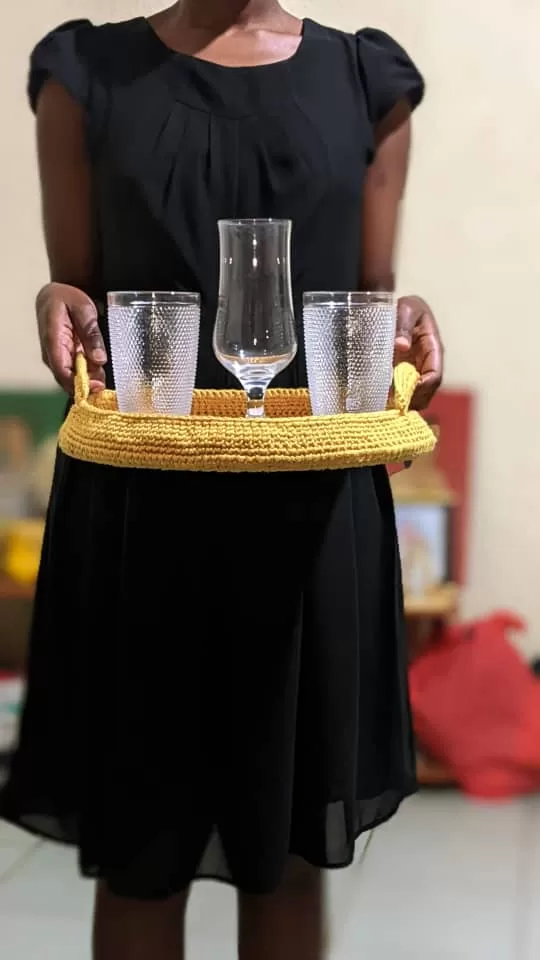
Sonia’s innovative startup is contributing to the growth and development of Rwanda’s economy. She is not only providing employment opportunities for women from low-income communities but also tackling the problem of plastic pollution. Her business model is centered around environmental and social sustainability, which is critical to the country’s economic growth and development.

